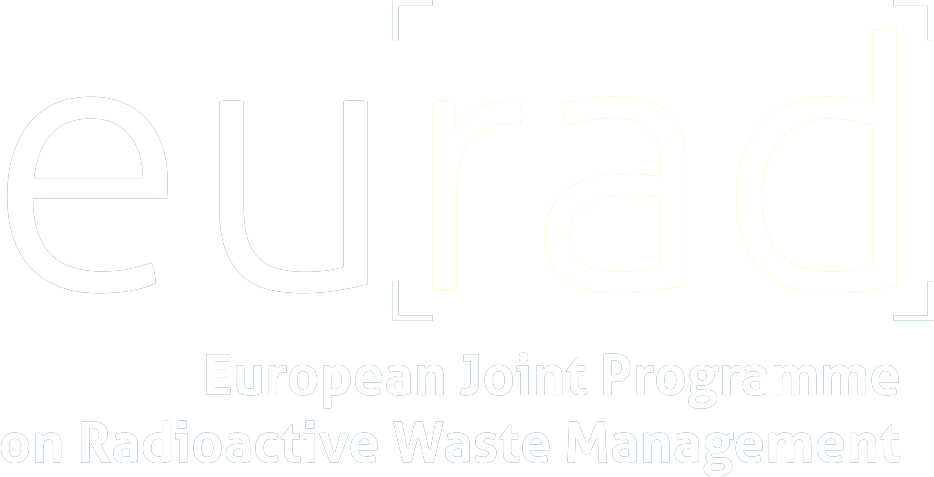The Slovenian 250 kW TRIGA Mark II reactor operated by the Jožef Stefan Institute (JSI) has continuously operated
since 1966. Since its commissioning it has played an important role in developing nuclear technology and safety culture in
Slovenia. During the years the reactor has been utilized for training, research and isotope production. Education and training
activities comprise regular experimental exercises for graduate and postgraduate students from several universities, training
of reactor operators, courses organized by the JSI Nuclear Training Center, as well as visits for general population.
International collaborations include participation in the three networks coordinated by the International Atomic Energy
agency (IAEA): the East European Research Reactor Initiative, the Mediterranean Research reactor Network and the
Advisory Safety Committee for Research Reactors in Eastern Europe. In addition, the reactor staff acts as IAEA external
experts and train IAEA fellows upon request. Neutron activation analysis has represented one of the most important
utilization of the reactor since its commissioning. Other research applications comprise irradiation of various materials,
neutron radiography, verification and validation of computer codes and nuclear data, and development of a digital reactivity
meter. In the 1970s and 1980s the reactor was extensively used for the production of radioactive isotopes, particularly 99mTc
and 18F. Although the production of medical and industrial isotopes discontinued, there are still some short-lived isotopes
produced for mostly on-site users. Although the reactor is over forty years old, it still significantly contributes to new
scientific achievements in nuclear science and to preservation of knowledge in nuclear energy.
The TRIGA Mark II reactor is open for training, technical visits and internships.
For more information, please consult the official website.


